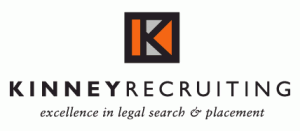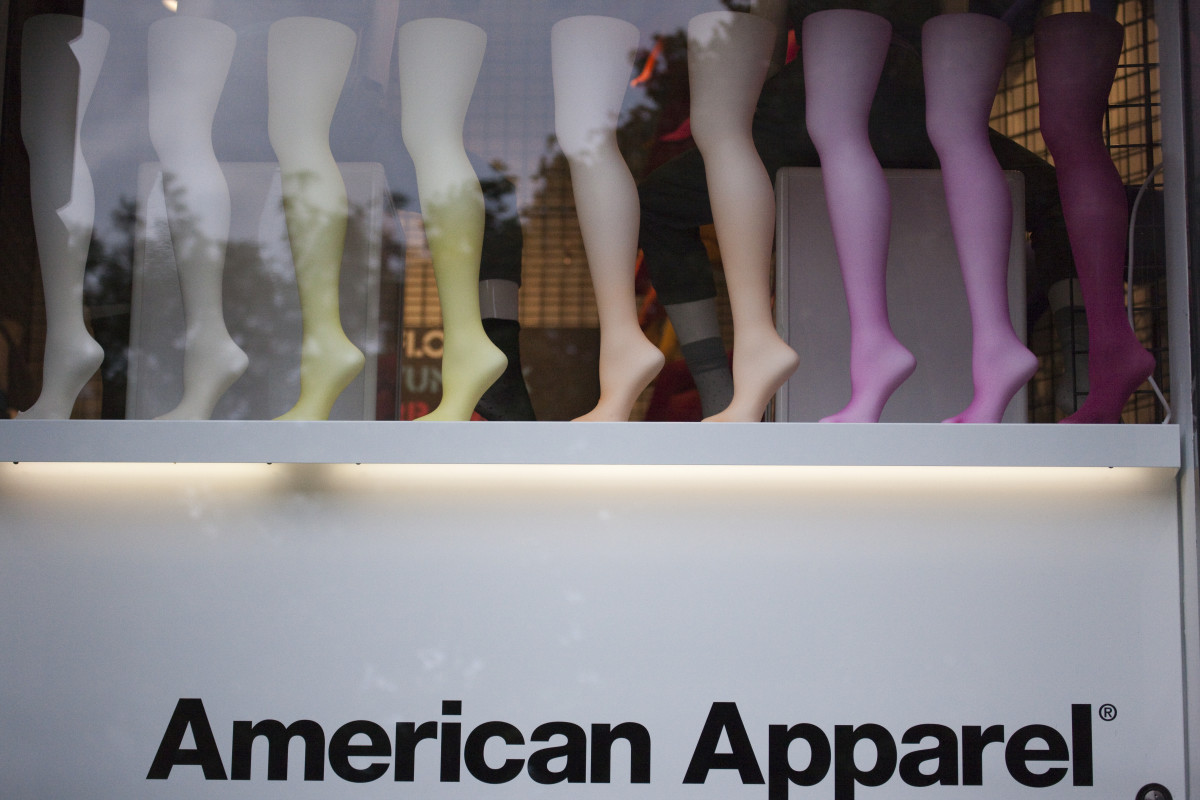If you’re like most attorneys, fulfilling your CLE requirements probably isn’t at the top of your list of favorite activities. Historically, CLE has been little more than a long series of talking-head videos and a button you have to click every 15 minutes. Thankfully, that’s no longer your only option.
The folks at Quimbee have taken the traditional CLE model and turned it on its head. You may already know and love Quimbee from using their course materials in your law school days, and if you do, you’ll be excited to know they’ve entered the CLE game. If you don’t know Quimbee yet, you’re in for a treat. Simply put, Quimbee makes learning fun.
Fun CLE? Yes, you read that right. You won’t find the standard talking head here. Quimbee uses their unique illustrations, backed by learning science, to create an enjoyable, easy CLE experience that’s unlike anything else on the market.
The Quimbee Experience
Quimbee has revolutionized the typical CLE experience in a number of ways. For starters, it’s visually appealing, with fun illustrations that keep you entertained while you learn and help immerse you in your topic (they currently offer CLE in approximately 20 legal practice areas, with more being added in 2021).

Click to Enlarge
Quimbee’s illustrations aren’t just fun to look at, though. Quimbee has an entire team of instructional designers who work on ensuring that viewers retain the information they see and hear, so they’re actually able to learn a completely new area of law and use it in their practice. Accompanying the illustrations are engaging audio tracks that introduce the material with the help of things like puns and rhymes, and proceed through the material in a way that keeps you engaged – basically, it feels like anything but a droning lecture.
While Quimbee CLE may be new, the company has years of experience techmaking videos, backed by a team that’s well-versed in learning theory. Instructional designers build the foundation for Quimbee’s courses, giving learners an additional means of coding the information. The style mirrors that of Quimbee’s successful law school offerings – meaning that, if you loved Quimbee then, you can keep them in your life as you advance through your career.
Along with the illustrations, you get quick and easy access to the course materials and slide handouts.

Click to Enlarge
This allows you to follow along with the presenter and take notes, as well as having direct links to supplement materials like relevant statutes and case law without having to do any extra digging, so you can use them in your practice or pass them along to your clients.

Click to Enlarge
You can even save them directly to your computer for later reference.
The presenters are experts in their field, but you don’t have to take Quimbee’s word for it – the course material includes bios and even the ability to contact your presenter with any questions you might have.

Click to Enlarge
Better yet, they’re adding more top-notch presenters all the time, building out a comprehensive CLE course catalog that’s focused on the practice areas in highest demand in each state.
Quimbee’s courses aren’t just entertaining, they’re also convenient in a way that most other CLE isn’t. When you’re doing a Quimbee course, you can pick when you want to watch it, pausing and restarting as many times as you need. That means there’s no more having to start over from the beginning if you get a phone call and fail to click that annoying “continue” button that usually pops up every 10 or 15 minutes. It’s also important to note that your access to purchased courses never expires, and if a course’s accreditation expires in your state, a new one is automatically added to your bundle. You get to fulfill your CLE requirements on your schedule, and you get your certificates immediately. They currently offer mobile access and will soon be adding access via their app. There’s even closed captioning available.
When it comes to CLE, Quimbee really has thought of everything. It’s hard to imagine CLE courses that are more accessible, not to mention being a refreshing breath of fresh air in a sea of boring lectures.
The Logistics
Quimbee allows attorneys the flexibility to choose a CLE plan that works for them. You can select from all-inclusive CLE bundles of courses, allowing you to knock out all of your state’s requirements in a single purchase. These give you all your required credits, including specialty credits like ethics and diversity, as well as fundamentals in a variety of practice areas and some of Quimbee’s most popular and interesting courses.
If you only need a few credits, you can opt to buy online CLE courses individually or in smaller groupings. A single course costs just $49, bundles of 12 credits or fewer cost $99, 12 to 23 bundled credits cost $149, and anything above that is only $199. These competitive prices make it easy to craft the CLE plan you need to meet your next reporting requirements.
Are you licensed in multiple jurisdictions and tired of having to keep all your CLE requirements straight? Quimbee’s got you covered there, too. They actively help attorneys licensed in multiple jurisdictions to complete all of their requirements without needing to purchase additional courses or bundles. This not only removes some of the burden of compliance, it saves you a lot of time and money, too.
Perhaps best of all, Quimbee lets you try it before you buy it. You can always preview any course before you purchase it, so you know you’re getting courses you want and are interested in.
It’s about time someone revolutionized the world of CLE. The company that has long supported law students through their grueling school days is now on hand to help attorneys through the entire lifecycle of their careers.
There’s no reason not to give Quimbee CLE a try. You just might never look at CLE the same way again.























 Kathryn Rubino is a Senior Editor at Above the Law, and host of
Kathryn Rubino is a Senior Editor at Above the Law, and host of 
 Jordan Rothman is a partner of
Jordan Rothman is a partner of